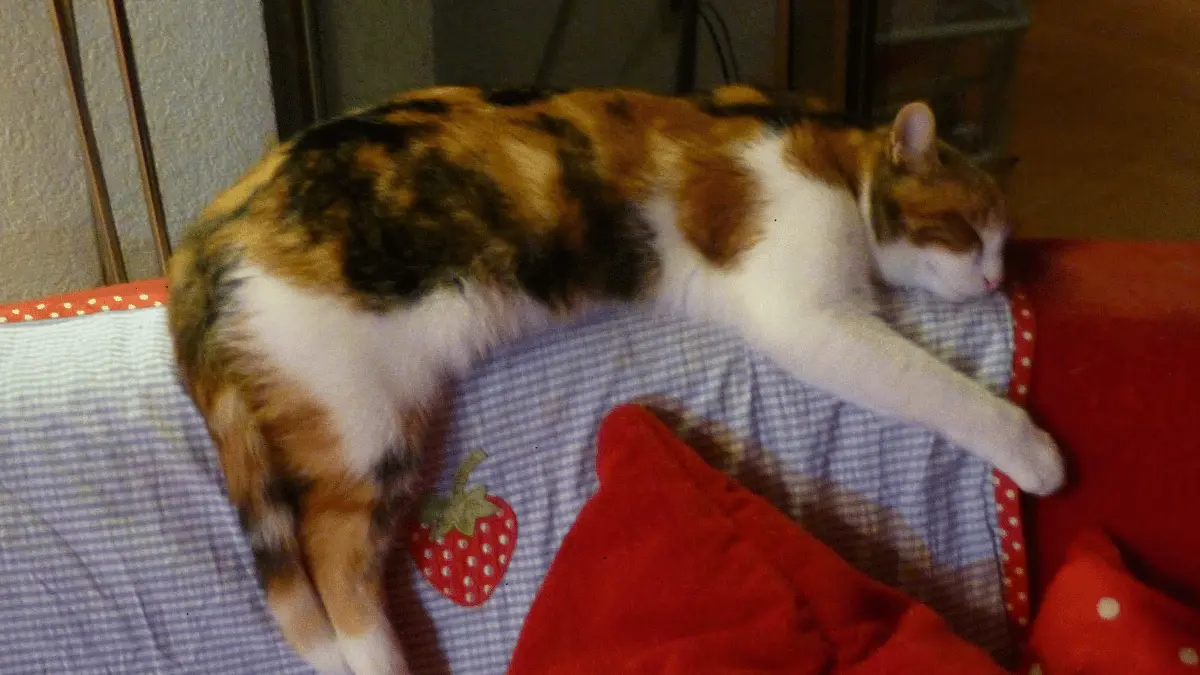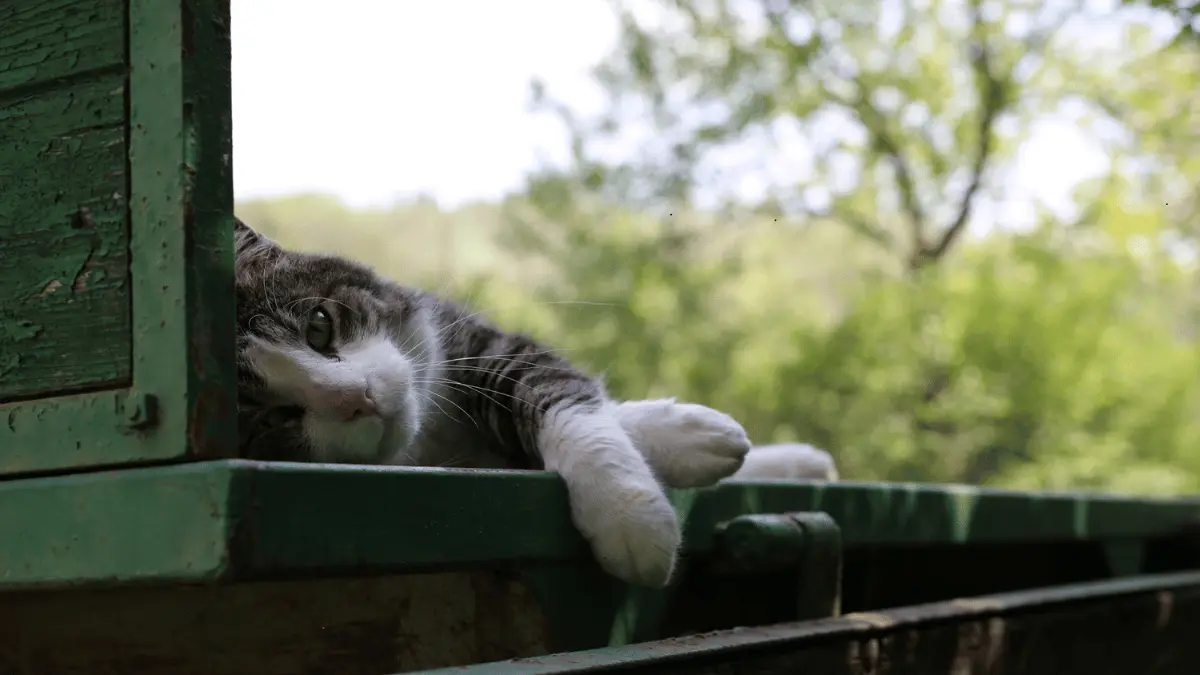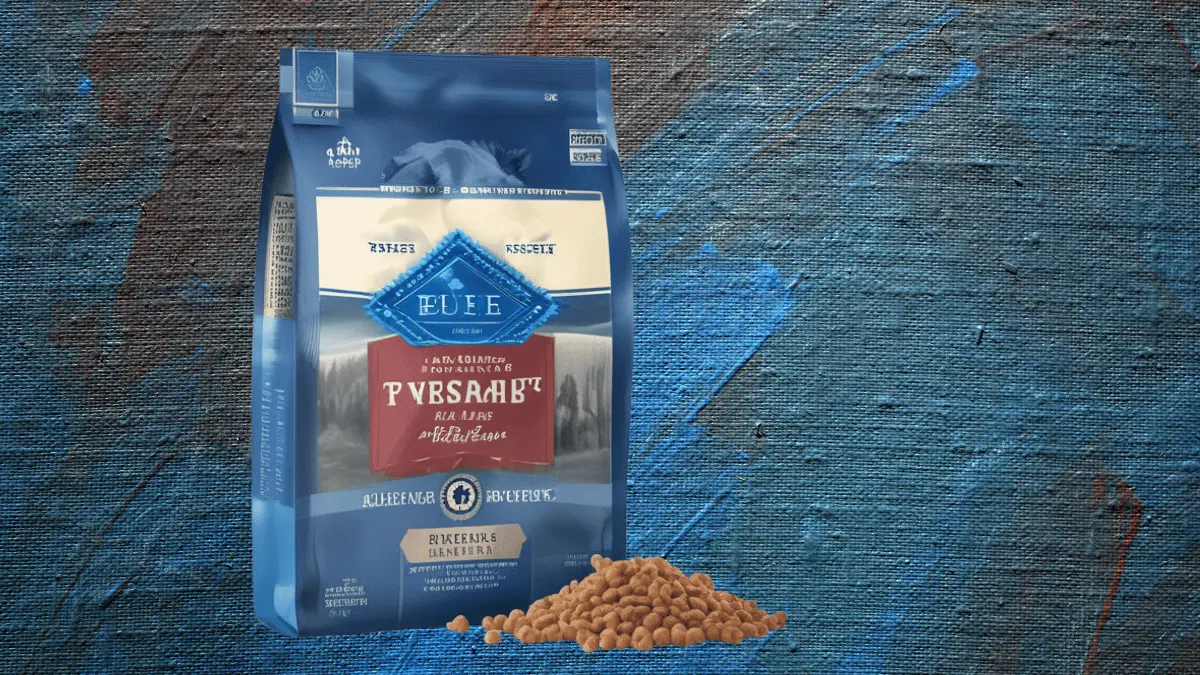What Is Raw Cat Food, and Should I Feed It to My Pet?
What are you waiting for if you’re looking for a great selection of raw cat food? Check out our selection of best raw cat food today!
We all know that cats can be incredibly picky eaters and turn their nose up at something they lapped up yesterday just as easily as they beg for more. As a cat owner, it can be hard to watch your furbaby leave its food untouched, and it is easy to worry that they are not getting enough of the nutrients they need to keep them strong and healthy.
Have you considered raw cat food when choosing what food to tempt your cat with? It’s wildly different from the canned and dry food on the market but could be the ideal solution for a cat who gets bored of their food quickly.
What Is Raw Food?
Raw food is what it sounds like raw food. A raw food diet is designed to take your kitty’s diet back to its ancestral roots. For example, this Lamb and Duck raw food from Bella & Duke have only 7 ingredients (all of which you can pronounce):
- Lamb Hearts
- Duck with bone
- Lamb Tripe
- Lamb Offal
- Lamb Broth
- Herring oil
- Virgin olive oil
The important thing is that the ingredients are all minimally processed to create a nutritionally complete meal for your furball. The mixture of muscle and offal meat is much closer to the traditional diet of our feline friends before the advent of pouches, tins, and kibble.
What Are the Benefits of a Raw Food Diet?
An excellent question! Before starting your cat on a new diet, you will always want to weigh the pros and cons; a raw food diet is no exception.
Raw food typically will contain all-natural ingredients. For cats that are allergic to things like colorants and artificial additives, this can mean an end to itching, wheezing, and even hair loss.
Common health issues in cats are urine infections and poor dental health. A raw food diet works with a cat’s natural immune system to help keep your cat’s teeth and urinary tract balanced, hopefully meaning less nasty vet visits.
Proponents of raw food also report healthier-looking coats in their pets, increased energy levels, and even more compact and less messy poos (say goodbye to pulling straws for who has to clean out the litter box).
Is It Safe for My Cat?
Yes! The term raw can immediately start worrying about bacteria, cross-contamination, and spoilt food. Most commercially available raw food is flash-frozen to lock in the goodness and keep out nasties. To keep things as hygienic as possible, you would typically store them frozen and defrost what you need in the fridge overnight.
By following these steps, there should be no risk of the food going off. As with any food, you should always clean bowls and wash your hands before and after handling them.
Food delivered by the manufacturer can often be the safest option. The supply chain is smaller, and you can speak directly to the source if you feel something is not quite right about the food or are concerned that it has thawed out in delivery.
Many big or specialty pet shops also stock frozen raw food; however, check for freezer burn or other signs that could indicate it has not been kept at the proper temperature in its journey from the maker to the store to your home.
Can Kittens Eat It Too?
Giving your kitten the best start in life is vitally important, and there is no reason they wouldn’t be able to enjoy a raw diet as soon as they start eating solids. Kittens have different nutrition needs from adult cats (typically, they require a higher fat content in their diet), so you would want to look for a blend of food that considers that.
As a kitten’s immune system isn’t fully developed, you will want to ensure the food is frozen correctly and carefully defrosted before you dish it up to your hungry little floofs.
Can I Make It Myself?
With the emphasis on natural ingredients and minimal processing, you might wonder if making your raw cat food is possible. The answer is yes. All you need is access to good quality meat and a blender or food processor. There are many recipes to be found online that can be tweaked to suit your cat’s taste.
Keeping your handcrafted food safety is of the utmost importance. Unless you have access to an immaculate and efficient freezer, it may be best to make it as you need rather than creating big batches to prevent any risk of food spoiling.
Do you think your cat would benefit from a raw food diet? Perhaps returning to a more natural food source will take your kitty from cushion hog to saber-toothed tiger (albeit a friendly one). If you are going to make the switch remember to do so gradually and give your furry friend time to adjust to their new menu.














